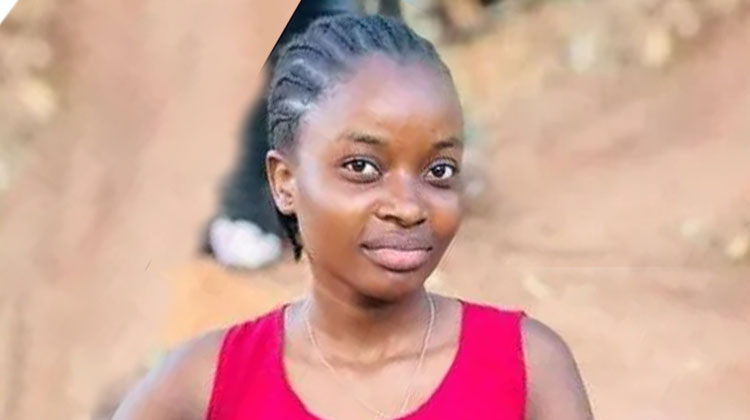Olayomi Koiki

The ECOWAS Court of Justice has ordered Nigeria’s federal government to pay ₦10 million in compensation to a Nigerian student, Glory Okolie, for her unlawful detention and maltreatment by the police.
The judgment, delivered on Thursday, November 21, 2024, also directed the Nigerian government to implement measures to prevent future human rights violations.
Okolie was arrested on June 13, 2021, and detained without judicial authorisation.
According to the case filed by Okolie alongside the One Love Foundation and the Incorporated Trustees of Behind Bars Human Rights Foundation, she was denied legal representation, subjected to forced labour, and physically abused during her detention.
The applicants argued that these actions violated provisions of the African Charter on Human and Peoples’ Rights and the Revised ECOWAS Treaty.
They sought justice for the breaches and reparations for the inhumane treatment meted out to Okolie.
In its defence, the federal government of Nigeria claimed that Okolie was associated with the Indigenous People of Biafra.
The government argued that her detention was necessary for national security.
IPOB was formed in 2012 as a peaceful movement, and launched an armed wing in south-eastern Nigeria in 2020, saying it was doing so to defend the Igbo ethnic group.
IPOB wants a group of states in the south-east of Nigeria, which mostly comprises the Igbo ethnic group, to break away from the country and form an independent nation called Biafra.
Biafra campaign first gained impetus in the 1960s, when an Igbo army officer, Emeka Odumegwu Ojukwu, declared the birth of Biafra following killings of south-easterners in northern Nigeria.
But that attempt at secession ended after a bloody three-year war that led to more than a million deaths from fighting, starvation and a lack of medical care.
The idea of Biafra has never gone away and despite arrests of its members, the illegally detained leader Nnamdi Kanu’s movement has seen a recent swell in its numbers.
However, Justice Ricardo Gonçalves ruled that Okolie’s prolonged detention without judicial oversight violated her fundamental rights to liberty and a fair trial as enshrined in Articles 6 and 7 of the African Charter.
The court described her treatment as a clear abuse of human rights and ordered the government to pay Glory Okolie ₦10 million in damages and to cease all forms of harassment against her. It also stressed the need for safeguards to prevent a recurrence of such acts,
The court dismissed the claims of the two co-applicant NGOs due to procedural issues.
The three-member panel that presided over the case included Honourable Justice Ricardo Cláudio Monteiro Gonçalves (presiding and judge rapporteur), Honourable Justice Sengu Mohamed Koroma, and Honourable Justice Edward Amoako Asante.
